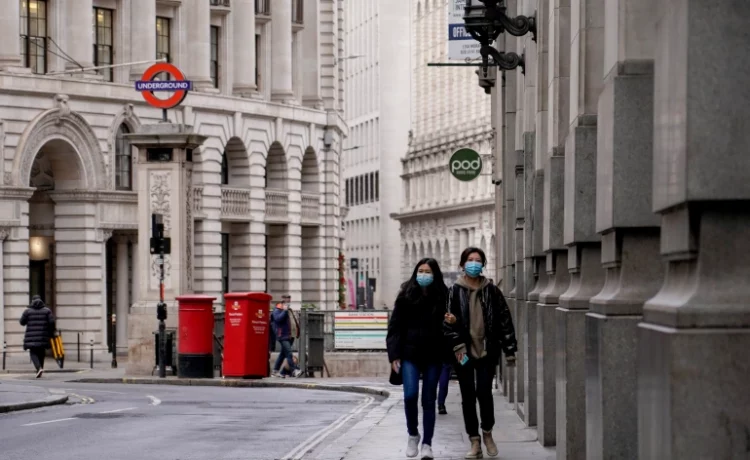ALJAZEERA
The UK reported 78,610 news COVID-19 infections, about 10,000 more than the previous high reported in January
The United Kingdom has recorded its highest daily coronavirus cases since the start of the pandemic as a further 78,610 COVID-19 infections were reported, about 10,000 more than the previous high reported in January.
More than 11 million people have now tested positive for the disease in the UK, which has a total population of around 67 million.
With a new highly transmissible Omicron variant of the virus surging across the UK, Prime Minister Boris Johnson has warned of a “tidal wave” of infections.
However, he suffered a blow to his authority on Tuesday when more than 100 of his lawmakers voted against measures to curb the increasing spread of the disease.
Speaking at news conference, the British British prime minister said the doubling rate of omicron in some regions is now down to less than two days.
He added: “I’m afraid we’re also seeing the inevitable increase in hospitalizations up by 10 percent nationally week on week and up by almost a third in London.
“But we are also seeing signs of hope,” said Johnson, referring to people’s response to an emergency omicron appeal launched on Sunday.
“I want to say that each and every one of you who rolls up your sleeve to get jabbed is helping this national effort, and I want to thank everyone who has come forward,” he added.
Jenny Harries, chief executive of the UK Health Security Agency, earlier called the Omicron variant “probably the most significant threat” since the start of the pandemic.
“The numbers that we see on data over the next few days will be quite staggering compared to the rate of growth that we’ve seen in cases for previous variants,” she told a parliamentary committee.
Harries said the new variant of the virus has a doubling time “which is shortening” and is now under two days in most regions in the UK, with its growth rate was being notable in London and Manchester in particular.













